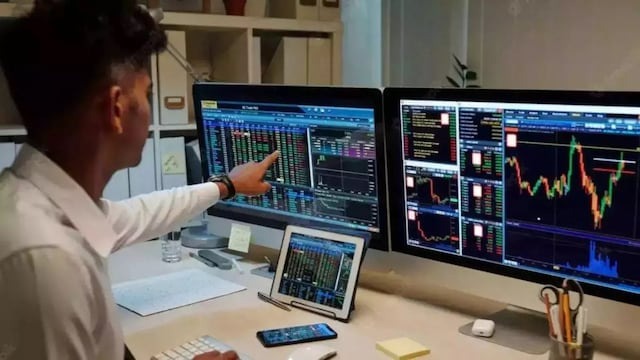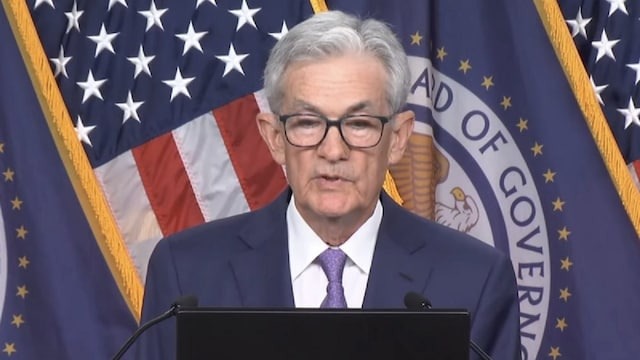
Prime Minister Narendra Modi and Singapore Prime Minister Lawrence Wong held extensive talks on Thursday and the two countries elevated their bilateral ties to a comprehensive strategic partnership and signed four agreements, including on cooperation in the semiconductor sector.
On this occasion, Modi said that Singapore is not only a partner nation but it is an inspiration for all developing countries.
After this meeting, Foreign Ministry spokesperson Randhir Jaiswal wrote on the social media platform 'X', 'A new chapter in relations: Relations reached a comprehensive strategic partnership. Prime Minister Narendra Modi and Singapore Prime Minister Lawrence Wong held a fruitful meeting in Singapore today.'
He said that the two leaders agreed to elevate the relationship to the level of a comprehensive strategic partnership. They comprehensively reviewed various aspects of bilateral relations in areas such as advanced manufacturing, connectivity, digitalization, healthcare and medicine, and skill development.
The two leaders reviewed the progress of India-Singapore bilateral relations, the Ministry of External Affairs said in a statement.
The statement said that given the breadth and depth of bilateral relations and the immense possibilities, they (Modi and Wang) decided to expand the scope of relations and take them to the level of 'comprehensive strategic partnership'. This will also give a boost to India's 'Act East' policy.
It said the Prime Minister highlighted that Singapore is a major economic partner of India with investments of around US$160 billion in the Indian economy. He said rapid and sustained growth in India has opened up immense investment opportunities for Singaporean entities.
They also reviewed existing cooperation in the areas of security, maritime domain awareness, education, AI, fintech, new technology areas, science and technology, and knowledge partnership. The two leaders called for strengthening connectivity to enhance economic and people-to-people ties between the countries.
Modi and Wong also called for expediting 'green corridor' projects. The two leaders discussed the outcomes of the second India-Singapore Ministerial Roundtable Conference to be held in Singapore in August 2024.
The statement said, "The two leaders noted that the ministerial roundtable is a unique arrangement. They appreciated the work done by the senior ministers of both sides towards discussing and identifying a new agenda for bilateral cooperation. The leaders called for accelerated action in the areas of advanced manufacturing, connectivity, digitalization, healthcare and medicine, skill development, and sustainability, identified as pillars of cooperation during the ministerial roundtable.
Their discussions also touched upon the celebration of the 60th anniversary of bilateral relations in 2025. Prime Minister Modi highlighted that cultural ties between the two countries are an important component of these relations. He announced that India's first Tiruvalluvar Cultural Centre will be opened in Singapore.
The leaders also exchanged views on important regional and global issues of mutual interest, including India-ASEAN (Association of Southeast Asian Nations) relations and India's vision for the Indo-Pacific.
The Prime Minister invited Wong to visit India, which he accepted.
Modi thanked Wong for the warm welcome.
He said that this is our first meeting after you assumed the post of Prime Minister. Many congratulations to you from my side. I am confident that Singapore will progress even faster under the leadership of 4G (fourth-generation leaders).
Modi said, "We want to create many Singapores in India too and I am happy that we are working together in this direction. The ministerial round table conference that has been arranged between us is a path-breaking mechanism."
Wong said Singapore and India enjoy a deep and abiding friendship, built on strong economic ties and people-to-people ties.
He wrote on 'X', "Had a fruitful meeting with Prime Minister of India Narendra Modi at Parliament House. We have set a visionary agenda for the next phase of our bilateral relations."

 Desk
Desk Share
Share






